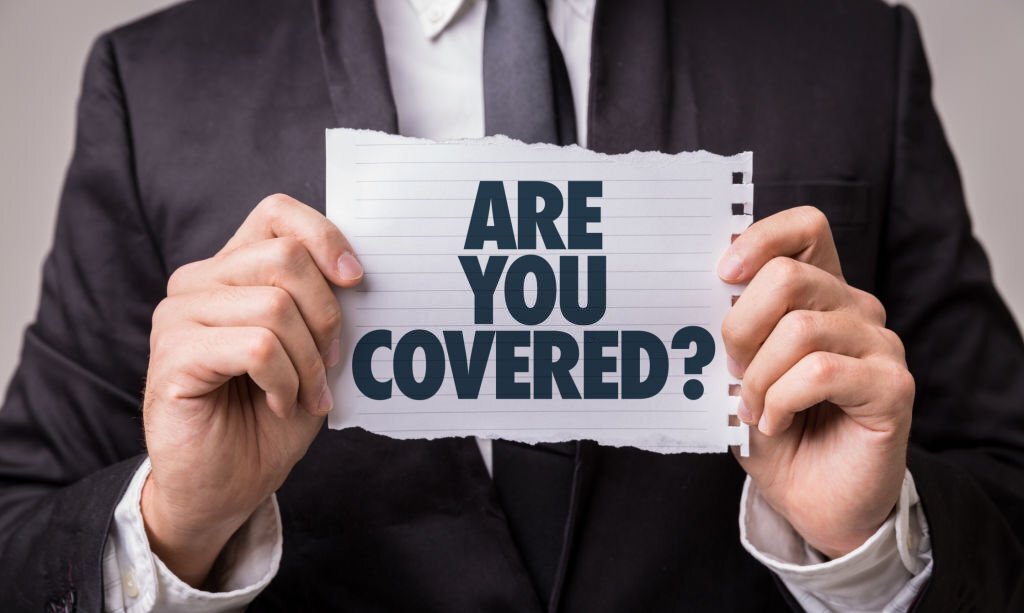All You Need To Know About Freelancer Insurance

Insurance is undoubtedly something you should take into consideration if you operate your own business. There are many possibilities for freelance and self-employed insurance, whether you want to safeguard your tools and work or against any potential injuries. Do you need them, and what do they all mean?
CHECK OUT THIS FOR MORE INFO ABOUT INSURANCE
We’ve compiled a list of various freelance insurance options and what each of them covers to assist you in finding the answers to these inquiries.
As a freelancer, do I require insurance?
Freelancer and self-employed insurance
Insurance for professional liability
Insurance for homes and contents
Which insurance do I require? Recommendations

But first, are you required to have insurance
As a freelancer, do I require insurance?
You’ve committed to a significant project that will cost you thousands of dollars. You’re ready to wrap things up, but an unexpected equipment malfunction causes the project to fail just as you’re about to. The dissatisfied customer then decides to sue you for the total amount! What’s next?
Even though it wasn’t your fault, there will probably be a legal case. And you’ll be required to pay fines and damages totaling tens or even hundreds of thousands of dollars. It helps to have insurance in situations like this.
When it comes down to it, depending on where your freelancing business is at the moment, insurance is something you should think about. Smaller freelancers who don’t work on major projects can’t afford the expense of insurance.
However, getting insurance may be in your best interests if you operate as a freelancer on significant projects.
It would help if you took into account plans for health and house insurance and professional indemnity insurance in addition to public liability insurance.
What kind of insurance are necessary for independent contractors and self-employed people?

1. Professional liability insurance
One of the most popular types of insurance used by independent professionals is professional liability insurance, often known as professional indemnity insurance or errors and omissions (E&O) insurance.
It safeguards you from customers suing you for product carelessness brought on by an unintentional omission, a mistake, or even slander. Some large companies demand that you obtain this kind of insurance to deal with you.
Though it does seem to cost a bunch, keep in mind that this form of insurance is not necessary for freelancers with small or medium-sized firms. But when your company expands, you should unquestionably consider purchasing freelancing Professional Indemnity Insurance.
Please take note that your freelance firm must also carry professional liability insurance for any employees you may have.
2.General liability insurance
The second form of freelancing liability insurance we’re looking at covers accidents in your workplace or when you bring work to a client’s office and cause an accident.
But do independent contractors require liability insurance? Liability insurance will typically pay out if a customer comes over and is bitten by your dog, trips over the toilet, or experiences a similar incident.
Similar to professional liability insurance, some clients could insist on seeing proof of your public liability insurance before hiring you.
The chance of an accident at your workplace is probably not high enough to warrant the expense, though, if you work from home and don’t frequently have clients over.
3.Contents and home insurance
If you have a home office, you may want to research house insurance to see if it covers your workspace and tools. They both do and do not on occasion.
Except for more expensive things like photographic equipment, they often cover anything. If the latter is the case, getting contents insurance could be a smart move to safeguard your possessions.
This kind of insurance will cover it if the cost of replacing your work equipment in the event of a fire or robbery is high. It depends on your technology; a $1,000 laptop definitely isn’t enough to warrant content insurance.
4. Medical coverage
You’re probably more accustomed to this kind of insurance. Your health insurance will cost more as a freelancer or self-employed person than it does for regular employees. However, each person will determine their exact amount.
In any event, you might want to think about signing up for health insurance through a group, such as the Freelancer Union (US) or The Editorial Freelancers Organization, for instance. You can obtain affordable health insurance by joining such a “guild.”
In the US, independent contractors have a few options for health insurance:
The Affordable Care Act, also known as Obamacare, is a terrific choice for independent contractors seeking inexpensive health insurance. However, remember that it is no longer required due to recent changes in ACA regulation. In the long run, this might impact premiums and prices.
Cobra Coverage: If you’re starting and considering working for yourself, check with your insurance company first. Most insurance policies provide you the choice of converting your current group insurance into an individual policy.
The Freelancers Union provides a health insurance program for independent contractors. Visit their website to learn more about selecting the best plan for your needs.
Spouse insurance plan: If your spouse is employed and has insurance via their workplace, a spouse insurance plan can be an intelligent choice. Because it is an employer-based plan, you might save money because the premium for dependents might be lower.
In Germany, there are two types of health insurance available to independent contractors: public (mandatory) and private.
As joining the public insurance group is typically tricky for independent contractors and the self-employed, we advise briefly getting private health insurance if you are a freelancer visiting Germany.
On the other hand, you might want to check into getting health insurance that’s been developed expressly for nomadic people and remote workers if you’re searching for a plan that can be modified to meet your needs or one that covers you wherever you are. One such plan is Safety Wing, which offers solutions that can protect you both at home and abroad.
5. Life insurance
Your life is priceless, and if the worst were to happen, you would want to leave behind a financial legacy for your loved ones.
However, remember that the forms of life insurance available to you largely depend on the nation in which you reside.

What kind of insurance is required for my freelance business, then?
Insurance can be beneficial, but you should constantly strive to assess the associated risks. Your hard-earned money would be better used elsewhere if some of the abovementioned scenarios are exceedingly unlikely to materialize.
However, some insurance options may be necessary if you can afford them and frequently engage with well-known clientele.
Also, remember that specific insurance policies are offered in packages with considerable reductions. Be cautious about seeking legal advice before entering any financial arrangements, though!

Please be aware that this blog post is not a substitute for professional legal or financial advice. Each freelancer should consider their financial circumstances before making any decisions, because every financial situation is unique. The above advice is meant to be general.




